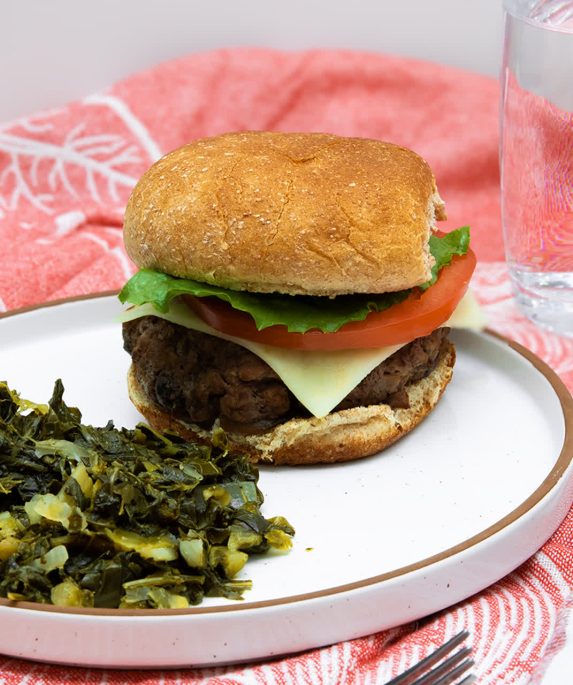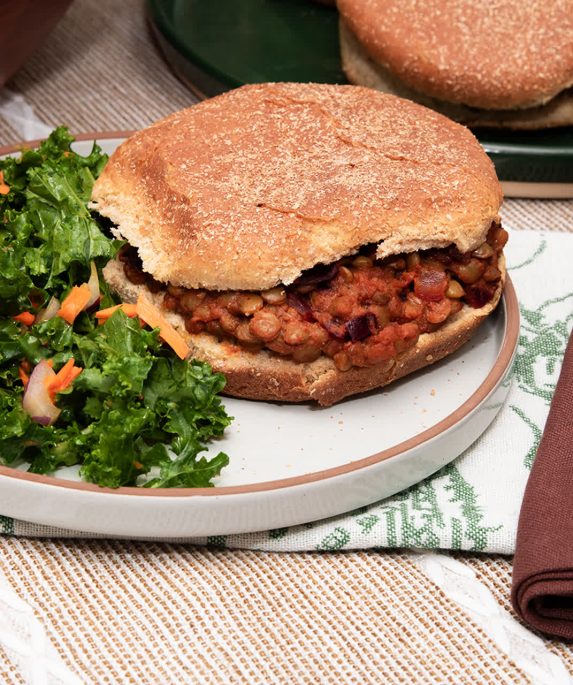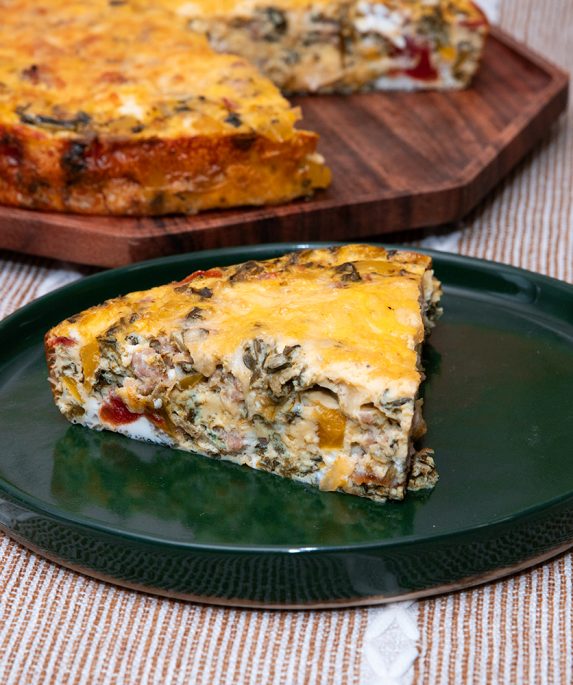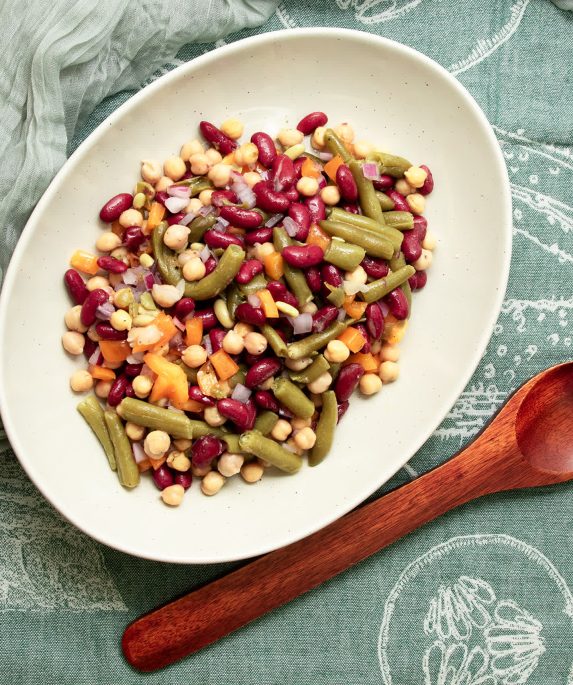We’re bringing a nutritious spin to a backyard classic! By blending mushrooms with ground meat, these burgers stay juicy, flavorful, and packed with extra goodness. To top it off, we’re serving them alongside perfectly seasoned Southern-style collard greens.
Ingredients:
Serves 4
- Southern Collard Greens
- 1 tablespoon olive oil
- 1/2 cup onion, chopped
- 3 cups low-sodium chicken broth
- 2 14-ounce cans of collard greens, drained
- 1 tablespoon minced garlic or garlic powder
- 1/4 teaspoon onion powder
- 1/4 teaspoon salt
- 1 teaspoon black pepper
- 1 tablespoon vinegar
- 1/2 teaspoon red pepper flakes (optional)
- Blended Mushroom Burger
- 1 tablespoon olive oil
- 1 pound raw, lean ground beef or turkey
- 1 8-ounce can of mushrooms, minced or blended
- 1/2 small onion, diced
- 1/4 teaspoon garlic powder
- 1/4 teaspoon black pepper
- 4 whole grain buns
Instructions:
- Wash hands with soap and warm water.
- Start the collard greens. Heat oil over medium-high heat in a pot. Add onions and sauté for 5-7 minutes, until clear and lightly browned.
- Put canned mushrooms in a colander and rinse thoroughly.
- While onions are sautéing, start the mushroom burgers. In a separate pan, sauté mushrooms, onion, and garlic until the mixture has dried out.
- Mix into raw meat and divide into 4 burger patties. Set aside and wash hands with soap and warm water again before going back to the greens.
- Once the onions are done sautéing in the greens pot, add the chicken broth and drained collard greens to the pot. Add minced garlic or garlic powder, black pepper, and red pepper flakes (if using) and stir.
- Add in the vinegar and stir. Cover the pot with a lid and let sit for about 15 minutes or until heated throughout.
- For the burgers, cook patties in a pan on medium-high heat, with just enough oil to cover the bottom.
- Cook on each side for about 4 minutes for a nice brown sear, or until the internal temperature reaches 150 degrees Fahrenheit for well done. The temperature will continue to rise after removing from heat, so allow to rest for a few minutes.
- Serve blended mushroom burger patties on whole grain buns and plate with cooked collard greens.



